You want to make your probate process smooth and as quick as possible to ensure that your beneficiaries receive their share as quickly as possible. However, there are certain things that can create issues during the process, especially if the estate planning was not completed correctly.
Below are some of the issues that should be avoided to not slow down the probate process and to avoid problems along the way.
- Incorrectly done Will. Whether it is an issue with finding the original will or having a will that was not prepared correctly, it can lead to many problems along the way once the will is presented to the probate court.
- Multi-State Assets. If the decedent had assets in different states or countries, like vacation homes, it can extend the amount of time it will take to complete the probate process as additional steps may need to be taken in different courts to allow the transfer to the beneficiaries.
- No Transfer on Death Designations. If there are no transfer on death designations for assets with liens, the process to get them transferred will take longer as the liens will first need to be paid off with the proceeds from the estate.
- Missing Heir Information. All next of kin need to be notified of the person’s death so that they can sign off on assets and waive their right to a hearing. If their address is unknown and they cannot be located, the law requires a public notice to be run in the local newspapers for six weeks where the heir could be living.
- Executor not familiar with the Estate. If the executor is not familiar with what assets the decedent had, it may take additional time to locate all bank, investment and retirement accounts, unpaid debts or any other obligations that need to be addressed before the estate can be closed.
- Issues among the Heirs. If the heirs do not get along and do not agree on the division of the assets, objections or lawsuits can be filed. This will prevent the estate from closing until a settlement can be reached by all parties.
- Taxes. The estate may owe personal income tax or be subject to capital gains taxes and those might have to wait until next year to be filed. This means that the estate cannot be closed until the taxes are done so that if there are any refunds or payments needed to be made, they can come out of the estate.
- Death benefits claims from insurance companies. If records of insurance policies were not kept in order, it may be difficult to track down the company that should be paying out the death benefit. Insurance companies are often bought out by other companies and not having the correct policy numbers can make the process more complicated.
- Appraisals of real or personal property. If any property of the deceased needs to be sold, there is a great chance that it will need to be appraised at first. Certified appraisers can sometimes be booked well in advance and may take some time to get back with their appraised values. In addition, if an appraiser is needed, it may be because beneficiaries are disagreeing on values of things or how to divide up the estate. This can often lead to numerous appraisals, which can extend the amount of time it will take to distribute the assets and close the estate.



